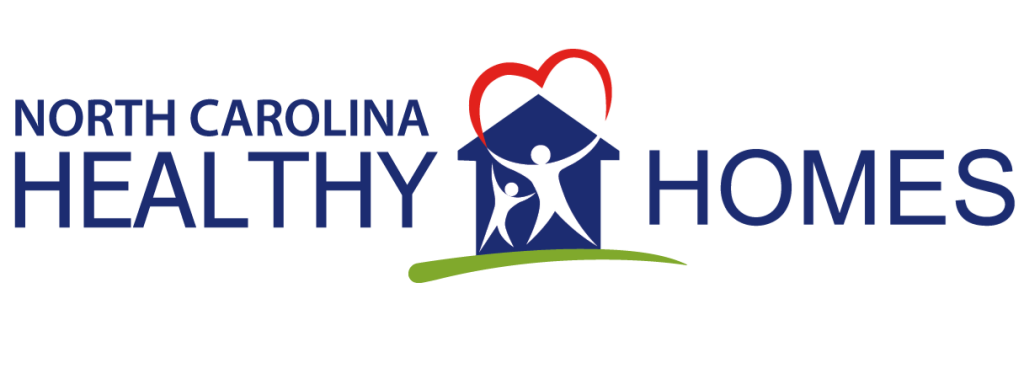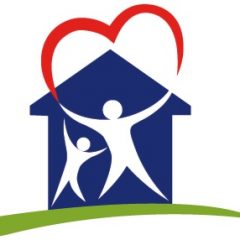By Adelle Schubarg, Environmental Research Assistant

Hanna Kirlin is the LeadSafe Program Manager for the City of Charlotte. The LeadSafe program has existed for over 20 years in the city and assists low-income homeowners in addressing unsafe lead paint conditions. As the Program Manager, Hanna coordinates outreach efforts, reviews lead inspection and risk assessment reports, and evaluates housing units for program qualification.
Hanna always knew she wanted to do something in the health care and medical field but was unsure where to specialize. She graduated college at the time of the 2008 housing crisis and the job market was limited. With the US in economic turmoil, Hanna enrolled in the Peace Corp as a Rural Health Educator in Morocco where she served for two and a half years.
She was stationed in the Atlas Mountains and educated women on public health practices including child immunizations, healthy food habits, sexual health, and general women’s health – all in the local language of the region. She notes how the experience was incredibly helpful in building her cultural competence.
On her return to the United States, Hanna got a job with the Gaston County Health Department leading sexual health education and evidence-based programs for teens. This job kickstarted her career in healthcare and she continued at Gaston County, working in areas such as emergency preparedness, quality assurance, and accreditation.
Hanna went on to earn a Master’s degree in Public Health and Health Informatics from UNC Charlotte and applied for her current position with the City of Charlotte shortly after.
A big part of Hanna’s role with the City is recruitment. She aims to expand the lead profession and take it from a specialized area of construction to a more popular line of work to better address the needs of the community and meet the demand for safe, professional lead services. Hanna notes that the key component in this effort is community engagement.
The LeadSafe program is partnered with several local organizations including Habitat for Humanity, Craft and Trade Academy, and She Built This City – a non-profit that offers construction apprenticeships to women and girls.
The Lead, Renovation, and Repair Program (RRP) is quite an involved certificate training program compared to other trade skills in the housing realm.
“[Lead work] is such a niche market”, Hanna explains, “you have to be interested in it to want to pursue it”.
The work is very technical, requires a lot of training, and involves wearing extensive protective gear and working with hazardous materials. Compared to other housing trades, there are more barriers to becoming a lead professional. To offset these challenges, the LeadSafe program provides incentives to aspiring lead professionals by reimbursing training and start-up material costs.
Hanna says the most rewarding part of her job is being able to give people as much support as possible through additional resources and stacked programs. One of the programs, TLC by CLT, combines lead abatement programs with home repair ones to address not only the lead-based paint hazards but much needed repairs in the home as well.
However, even when multiple items are addressed, there are often many more housing and health issues left to tackle. Hanna finds this to be the most challenging part of her job.
“You can only plug one hole of many,” she comments. Hanna admits that at times she can get carried away in trying to help clients address all of their needs.
“When it takes up too much of your time, you have to take a step back and let go”, says Hanna, “and that is the biggest challenge”.
Despite these limitations, the LeadSafe program has had a tremendous impact on the city since its establishment, raising over $17 million to reduce lead hazards in over 2,000 homes (City of Charlotte). Hanna believes the COVID-19 pandemic has only proven the program and the city’s success further with how they have been able to continue to assist clients.
Hanna got involved with the Healthy Homes Task Force within her first year of working for the city. Encouraged by her supervisor, Hanna made the trip out to Chapel Hill to attend one of the meetings. Hanna describes the Task Force as a good group for sharing information and collaborating on projects.
The more information that can be shared and distributed to providers allows healthcare professionals like Hanna to take action and be on the preventative side of healthcare – a primary goal for Hanna. Hanna stands by the Task Force and its mission and has been a member of the group for the past four years.

